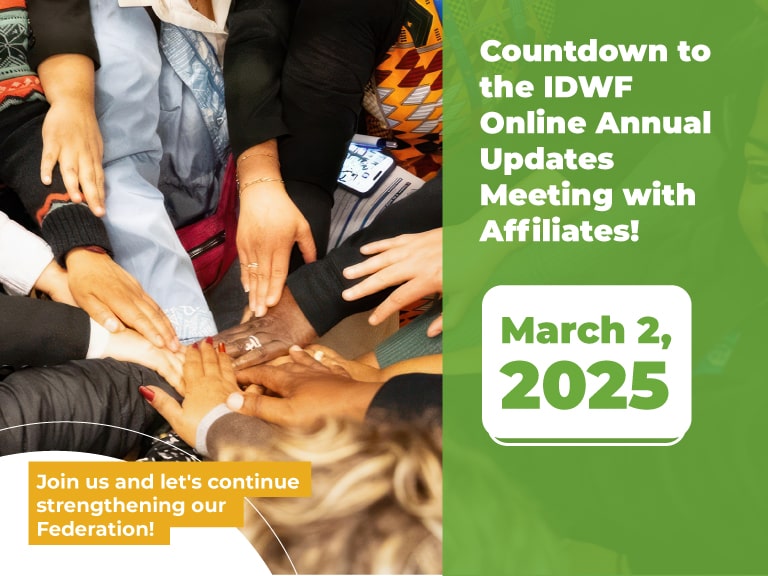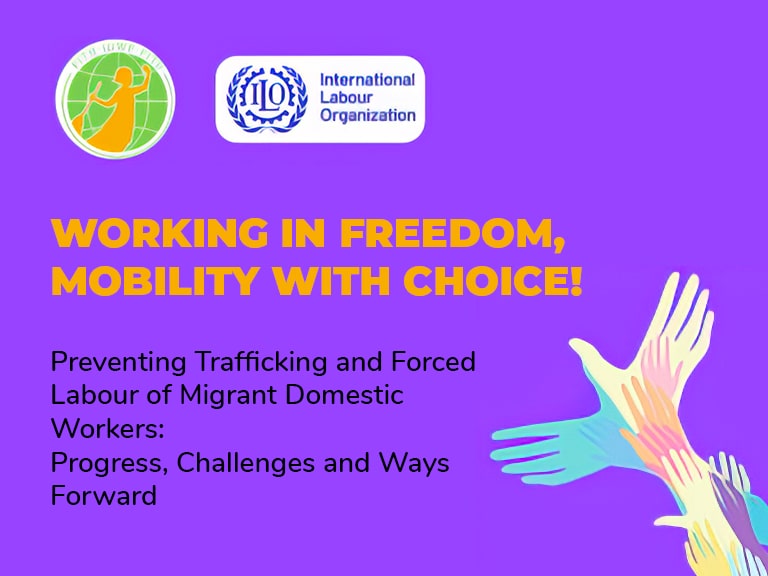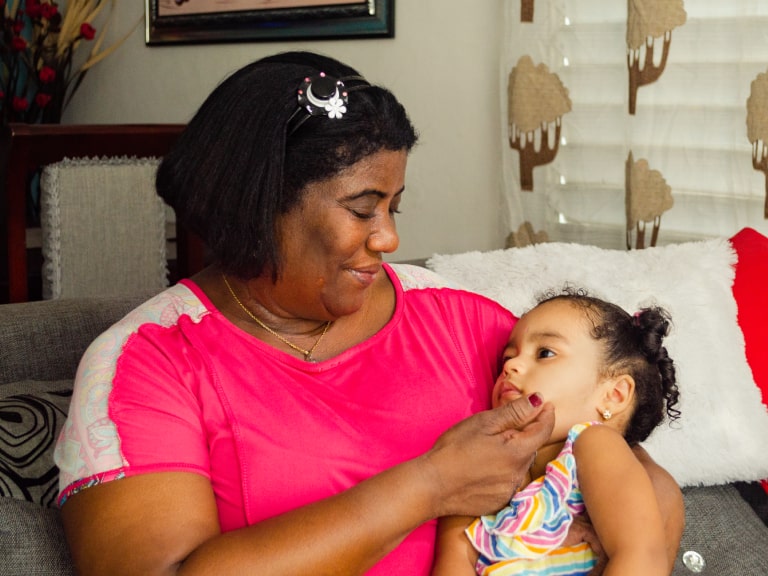- This event has passed.
FADWU Survey on disability discrimination ordinance
During this COVID 19 pandemic, FADWU has conducted a survey related to the Disability Discrimination Ordinance. Under the COVID-19, Migrant Domestic Workers suffer from different difficulties, such as discrimination and unfair treatment. The survey objective is that we want to know more about their situations, feelings, and knowledge of the Disability Discrimination Ordinance, specifically related to COVID-19. FADWU has collected the anonymous questionnaire and understands more about the situation of migrant domestic workers.
Details
English / 正體中文
During this COVID 19 pandemic, FADWU has conducted a survey related to the Disability Discrimination Ordinance. Under the COVID-19, Migrant Domestic Workers suffer from different difficulties, such as discrimination and unfair treatment. The survey objective is that we want to know more about their situations, feelings, and knowledge of the Disability Discrimination Ordinance, specifically related to COVID-19. FADWU has collected the anonymous questionnaire and understands more about the situation of migrant domestic workers.
The survey was conducted in May to early June 2020, with a total of 427 respondents from four nationalities migrant domestic workers (Filipinos, Thais, Nepalese and Indonesian); 423 females and 4 males.
1/ More than 80% of interviewees feel more discrimination amid the pandemic
Under COVID-19, more than 80% of the migrant domestic workers feel more discrimination. They feel being discriminated in public places like in the market, on the street, at public transportation, and even at employers’ houses.
Some workers were scolded when they accidentally touched someone, the people surrounding them looked at them with scary eyes seems like the workers are the carrier of the virus. Some employers will ask them to shower and wash their clothes after they went to the market.
2/ 78% of the interviewed workers do not know about discrimination ordinance, nor Equal Opportunities Commission as a part of Hong Kong Government Body.
Despite the Equal Opportunities Commission claimed they had put effort into raising the awareness of discrimination ordinance among migrant domestic workers, FADWU finds out around 78% of migrant domestic workers do not know about discrimination ordinance, while 74% of them did not know how to complain when facing discrimination.
3/ Some Migrant domestic workers were terminated after taking rest days, as they were assumed being infected
Some employers terminated their workers right after taking rest days which they assumed that the worker was infected with the virus Covid-19. One Indonesian worker was terminated in March 2020 due to the COVID 19. She arrived in Hong Kong in February 2020 and only worked for around 2 weeks, and was early terminated in March, even after the swab test for COVID 19 came out negative.
Another Nepalese worker was fired as he went to the hospital for a medical appointment on his day off in February. The worker has hypertension, and he felt extremely unwell before the appointment. The employer denied his request to go out even though the check-up is on his day off. After the worker finished his medical check-up, he was terminated.
Apart from this, migrant workers also faced termination during home leave, upon arrival in Hong Kong or after the 14-day quarantine.
4/ More than 80% of interviewed workers do not receive any and or enough information in their own languages
83% of the Migrant Domestic Workers do not receive any and or enough information regarding Hong Kong Government policy in their languages, including the Discrimination Ordinance in relation to COVID 19.
When workers arrive in Hong Kong, they are given quarantine guidelines either in Chinese or English. However, not all domestic migrant workers could read English and they could hardly understand the arrangement and guidelines of quarantine.
Access to accurate information is crucial under the pandemic. It does not only help workers to protect themselves but also for the sake of the general public. The government should provide quarantine information in different languages for different nationalities to arrive in Hong Kong.
5/ Some workers did not get paid during the quarantine period
14-day quarantines become an essential requirement for migrant domestic workers, however not all the workers get paid during their 14-day quarantine. In the past, workers who have a contract start calculating their salary upon their arrival in Hong Kong. However, as workers need to be quarantined for 14 days, many of them were not getting paid during the quarantine period.
Many workers are now facing financial difficulties as they postponed to come back Hong Kong for several months. They have zero income for months and have to spend extra money on quarantine in their hometown, preparing documents for visas.
6/ Working hours increased with more workloads during COVID-19
During the pandemic, the working hours and workload of domestic workers increased. Some employers give more tasks and MDWs increased responsibilities and the task at household, especially on hygiene to protect families of employers. Before the COVID 19, the workers mostly worked for 10 to 15 hours a day, but during the COVID 19, most of them have to work for more than 15 hours a day. For those who usually have a break time before COVID 19, they do not have a break time anymore during COVID 19.
Employers demand their workers to go to the wet market every day and other outside errands. Some employers did not give their workers protective materials like masks, hand sanitizers, gloves, etc to protect their workers.
FADWU demands:
- the Equal Opportunities Commission to set up a task force group to proactively study the situation faced by migrant domestic workers under COVID-19 and impose measures to tackle discrimination;
- the Equal Opportunities Commission to liaise with different government departments, especially the Labour Department and the Centre for Health Protection in issuing proper guidelines, proper public education, information, and statement with mindful attention to discrimination issues.
- the Equal Opportunities Commission to monitor discriminatory actions and comments by the public, and issue public statements or warnings accordingly.
- the Equal Opportunities Commission to liaise with the Centre for Health Protection in issuing proper quarantine guidelines in different languages for ethnic minorities.
- the Equal Opportunities Commission to develop guidelines for employers of domestic workers to ensure non-discrimination and respect of rights of domestic workers.
Hong Kong Federation of Asian Domestic Workers Unions
28 June 2020







